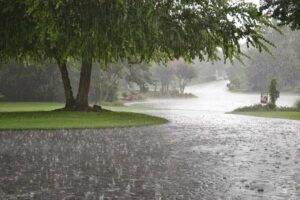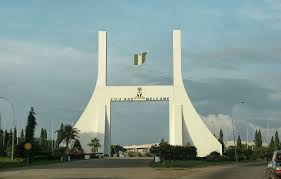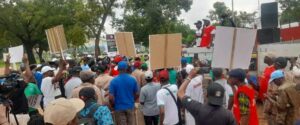
CP urges FCT residents to verify news before circulating
The Commissioner of Police (CP) in charge of the Federal Capital Territory (FCT), Mr Babaji Sunday has called on the public to always verify news before circulating.
The call is contained in a statement issued by the Police Public Relations Officer in the FCT, DSP Josephine Adeh, on Wednesday in Abuja.
He added that residents should not allow irresponsible people spreading fake news to turn them into “panic driven generation.”
The CP said the residents should to take full advantage of the various channels provided by the police to report or verify information on nay security issue.
He enjoined residents to promptly report suspicious or abnormal activities in their environment to the command on 08032003913, 08061581938, 07057337653, and 08028940883.
Sunday said the Public Complaint Bureau desk could also be reached on 09022222352.
He said the command had revised its approach to security, factored in the challenges and proffered solutions to the emerging dynamics of crime and criminality in the territory.
“Consequent upon the above, the command in a short while, has recorded several arrests of gunrunners, interrupted channels of prohibited substances, drug peddling, and arrested perpetrators.
“The detection and destruction of criminal hideouts and execution of a general security sweep from the city centres to the suburbs, displacing criminal elements have also been evident with the above.
“It is therefore, in the interest of all and sundry to state that an end has to come to the era of panic driven generation and promulgation of fake news,” Sunday said.
According to him, the latest of such is an erroneous publication circulating in some sections of the media that the Islamic State of West African Province (ISWAP) has invaded the territory.
“The news is baseless on all fronts as the said journalist refuted all highlighted parts maliciously amplified to suggest a terrorist invasion.
“Preliminary investigation also shows that nothing of such happened in the mentioned area and the FCT as a whole.
“Residents are therefore urged to go about their lawful duties without fear of harassment and molestation of any kind or from any quarters,” the CP said.



